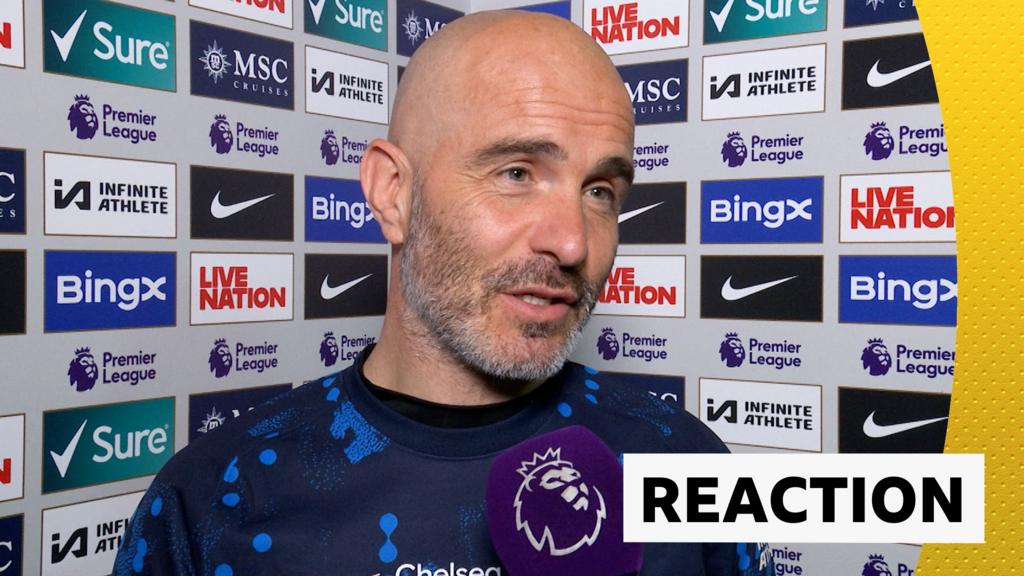ARTICLE AD BOX
There are few sports where the agony is as protracted as that of the cricket team on the wrong end of a thumping in a five-Test series.
A knockout from a football, rugby, tennis or tiddly-winks tournament is instant. Golf is done in a maximum of four days, two if you've been really bad. Missed out on an Olympic medal? Catch the next flight home and skip the closing ceremony.
But, as has become the norm on trips to Australia, England have to battle through two dead rubber Tests despite the Ashes being lost at the earliest possible opportunity.
That is not to say these contests lack drama, narrative or consequence. There are faces to save, careers to salvage and points to prove.
There are few who like proving those quite so pointedly as Jonny Bairstow.
Like Stuart Broad, who 24 hours earlier came in from the cold to register England's first five-wicket haul of the series, Bairstow struck back at the decision to omit him for the first two matches with a gutsy hundred - also England's first of the tour - on day three of the fourth Test in Sydney.
It is an innings that may well have saved Bairstow's Test career. With England set to rebuild after this latest Ashes humbling, he could have been playing in his last series.
Like Broad, Bairstow is an arch-competitor, someone who thrives in the pressure of battle and never takes a backward step - even when he is being heckled by a beered-up spectator on his way to the dressing room.
They are also two players who have spanned a generation of English misery down under. Yes, Broad was part of the victorious 2010-11 squad, but the one win he played in on that tour remains his sole success in four trips to Australia.
Bairstow is on his third tour, during which time the scoreline reads Australia 12-0 England. In 2017-18 he had to put up with the humiliation of being accused of 'headbutting' Cameron Bancroft.
But whereas Broad has been an automatic pick for most of his career and is only now having to rage against being eased out, Bairstow has been clinging on by his fingernails for more than two years.
Between the Boxing Day Test of 2013 and the final match of the home Ashes in 2019, Bairstow played in 57 of England's 73 Tests. Just five players featured more often.
Since being dropped after that last home series against Australia - an omission that at the time felt like it could be terminal - he has been recalled on five different occasions to bat in three different positions.
It is indicative of a career where England's constant tinkering with Bairstow's role in the side has done damage that is hard to quantify. He has batted in every position from three to eight and kept in 49 of his 80 Tests.
He is not blameless. His rise to becoming one of the premier white-ball batters in the world also coincided with a slump in his Test form, but it is also worth remembering that only two men - Matt Prior and the great Les Ames - average more with the bat when keeping wicket in at least five Tests for England.
Asked if his in-out, up-down relationship with the Test team had prevented him from optimising his ability, Bairstow said it was "very tricky" to answer, perhaps stopping himself from what he really wanted to say.
"That's not for me to decide," he said. "Naturally, everybody wants to be settled. At this moment, there are changes happening and the batting line-up isn't as settled as everyone would wish."
This latest recall might never have happened had it not been for the collapse in the game of Ollie Pope. After two Tests running the drinks and no meaningful cricket since the beginning of November, Bairstow's 35 and five in the third Test in Melbourne did not suggest that his first Test hundred for more than three years was on the horizon.
But on a Sydney pitch occasionally spitting like a snake and with England reduced to 36-4 by a bloodthirsty Australia attack, Bairstow once again showed his stomach for the fight.
A defiant partnership with Ben Stokes, himself wincing through a side strain, evoked memories of their riotous stand of 399 against South Africa in Cape Town, almost six years ago to the day.
It was by Stokes' side that Bairstow stared down the abusive spectator, who scarpered when Bairstow responded.
And it was later, after he was struck on the thumb by a venomous lifter from Pat Cummins, that Bairstow doubled-down on the counter-attack, taking 20 runs off the next 12 balls he faced.
On 99 going into the final over of the day, Bairstow faced the prospect of sleeping one short of a century. With Cummins again the bowler, Bairstow got to his seventh Test ton in scenes reminiscent of Steve Waugh doing the same at such a late stage on the same ground 19 years ago.
The celebrations, running almost all the way to the England dressing room, yelling and punching the air, no doubt came with the extra emotion of this Test beginning on the anniversary of the death of his father David, who took his own life in 1998.
"I'm very, very proud. It's been a lot of hard work," said Bairstow.
"I felt I still had the ability to do it. That's exactly why you keep playing and pushing, and turning up every day to practice."
What might this mean for the future of Bairstow and England?
He is still only 32 - just a year older than captain Joe Root - and his seven Test hundreds is more than anyone currently in the Test set-up bar Root and Stokes.
If England are rebuilding their batting line-up and can give Bairstow the security, responsibility and feeling of appreciation that comes with a regular and defined role in the team, he surely remains one of the best batters in the country.
This is a man who once scored 1,470 runs in the calendar year of 2016 while keeping wicket at the same time. His batting average is eight runs better with the gloves than without and he may be restored behind the stumps for the fifth Test in Hobart.
For now, though, he can be satisfied with his salvation in Sydney.
"That, for me, is how I'd like to look back in 20 years when I'm sat over a pint," he said. "They are the moments when you stood up, fronted up for the other 10 blokes in the dressing room.
"That's when you have to delve deep. They are the times you look at yourself and say 'what am I about, where do I come from, what is the bit in the tank that keeps me coming back?'"
Bairstow is back and could be an important piece of the puzzle for England as they look to build a future.
Here's Jonny.

- The Peaky Blinders are coming: Watch the trailer for an epic final series now
- Was it the season to go sober? Find out why many opted for no or low alcohol this festive period


 3 years ago
34
3 years ago
34








 English (US) ·
English (US) ·